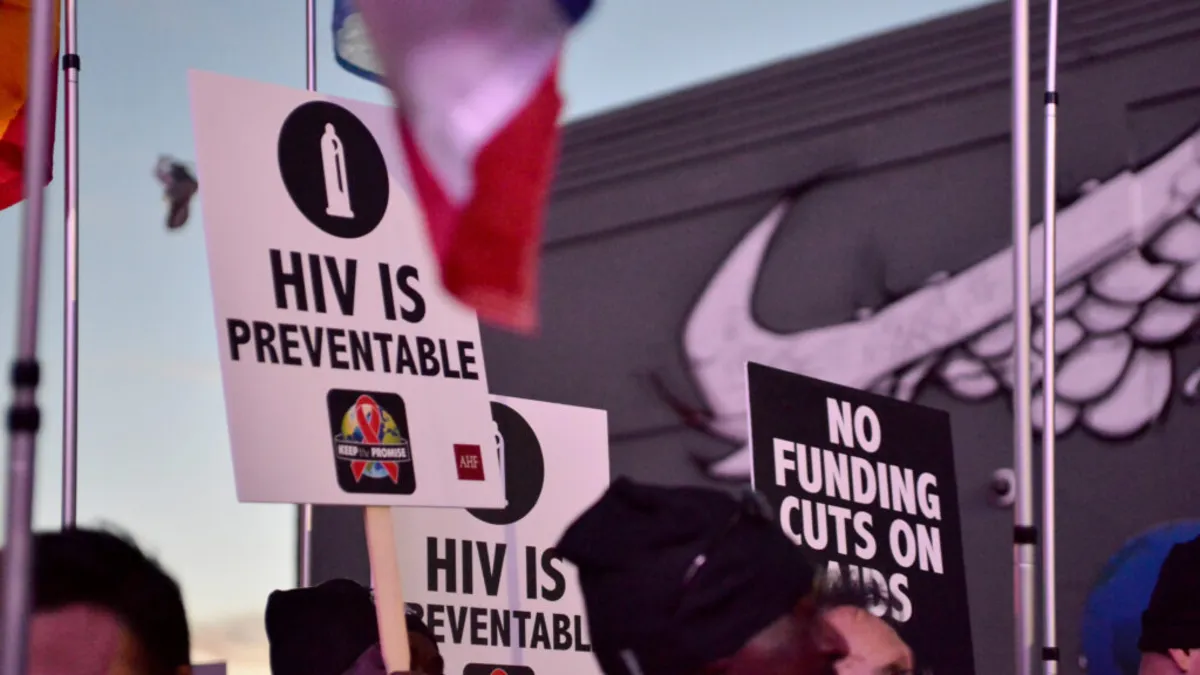
During Donald Trump’s first term, a significant focus was placed on the ambitious goal of ending the HIV epidemic in the United States by 2030. This initiative, which aimed to reduce new infections and improve treatment options, has seen a marked decline in priority during the second Trump administration. Recently, the administration terminated several key grants that were vital for HIV research and intervention programs.
Among the most critical cuts was the abrupt withdrawal of an annual funding amounting to $18 million for a program specifically designed to enhance understanding of the diagnosis, treatment, and prevention of HIV infections and AIDS among adolescents and young adults. This demographic is particularly affected, accounting for nearly 19% of new infections every year in the U.S.
On Friday, the Adolescent Medicine Trials Network for HIV/AIDS Intervention received alarming news that the two major grants supporting its operations were abruptly halted by the National Institutes of Health (NIH). Legal experts have raised concerns that this decision could be deemed illegal if challenged in court, given its potential implications for ongoing HIV research and public health efforts.
The recent grant terminations have sparked significant concern among public health advocates and researchers. Many fear that the withdrawal of funding will hinder vital research necessary for combating the HIV epidemic, especially within vulnerable populations such as adolescents and young adults. The legal ramifications of these funding cuts could also lead to a challenging landscape for the Trump administration if the decisions are contested legally.
The decision to cut funding raises critical questions about the future of HIV initiatives under the Trump administration. As the nation strives to meet the goal of ending the HIV epidemic by 2030, the loss of financial support for essential programs poses a significant setback. It remains crucial for stakeholders to advocate for the restoration of these grants to ensure continued progress in the fight against HIV and to protect the health of younger populations at risk.